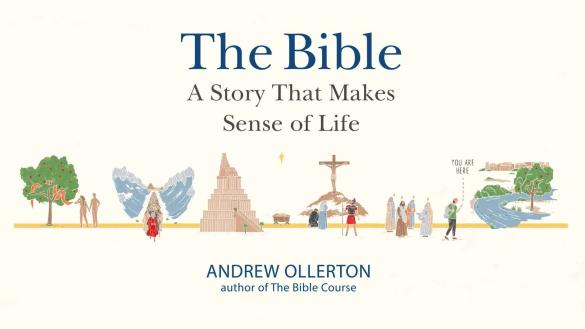Cave 4 is an iconic site for biblical scholars and enthusiasts. In AD68, the Essene community hid biblical texts from the Romans in these caves. Discovered by shepherd boys in 1947, clay pots contained thousands of fragments of Scripture. These manuscripts from nearly 2,000 years ago prove that the Bible we read today has been faithfully and carefully copied over the centuries.
As long as heaven and earth last, not the least point nor the smallest detail of the Law will be done away with. Matthew 5.18
The ruins of Qumran cover an area roughly the size of a football pitch. Archaeologists discovered an aqueduct and cisterns for water supply, several buildings including a pantry, a kitchen and a stable, and even a cemetery.
Ancient Hebrews revered their sacred writings – what we now call the Old Testament – so perhaps it is no surprise that a ‘scriptorium’ was revealed during the excavations: a writing room for scribes in which archaeologists found two inkwells – one of bronze and one of terracotta.
Many scholars believe that the religious community of the Essenes lived at Qumran, because their beliefs and practices as described by the first-century Jewish historian Josephus match what some of the scrolls found in the nearby caves say. Josephus tells us that the Essenes died at the hand of the Romans. Qumran was never resettled and its inhabitants were forgotten until excavations began 1,900 years later.
Despite the Bible being banned in the Soviet Union and the possibility of torture, imprisonment, and even death for those caught with it, the Bible’s influence only grew and spread. Vehicles crammed with Bibles were crossing borders illegally. Envelopes were sent with printed Bible passages no bigger than a three-page letter, so as not to be seen as unusual. Waterproof Bibles were printed, small enough to drop into a cup of tea so Christian communities could gather around the word of God and hide the Bibles if the authorities were to break in on meetings.
Psalm 119 describes the word of the Lord as eternal and enduring to this day and we have history as evidence. The Essenes’ story speaks to this; yes, they died at the hand of the Romans but they did so hiding the Scriptures that they had devoted their lives to copying faithfully – and those live on today.
Perhaps today we need to let stories of those who risked everything for the Bible inspire us and save us from complacency in our relationship with it.
Read on, to find out more about the importance of the Bible in the life of the believer:
Subscribe to our Youtube channel to be updated on the latest videos!

An eight-session course helping you explore the world’s bestseller.

The Bible: A Story That Makes Sense of Life
What is the Bible and how is it relevant to me? This book is the perfect read for anyone asking those questions in the 21st century. The Bible: A Story That Makes Sense of Life helps readers see how the narratives and themes of the Bible connect to their own lives.